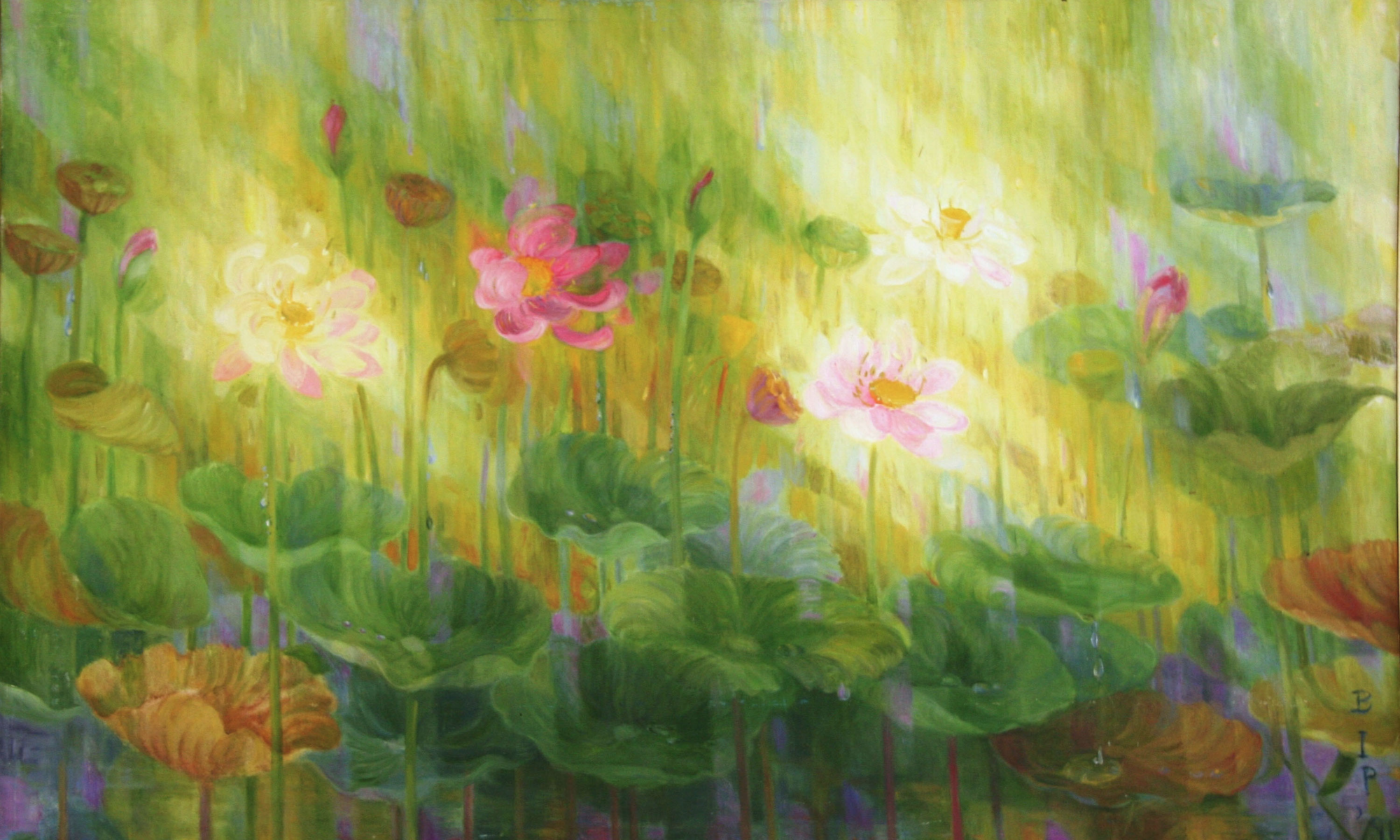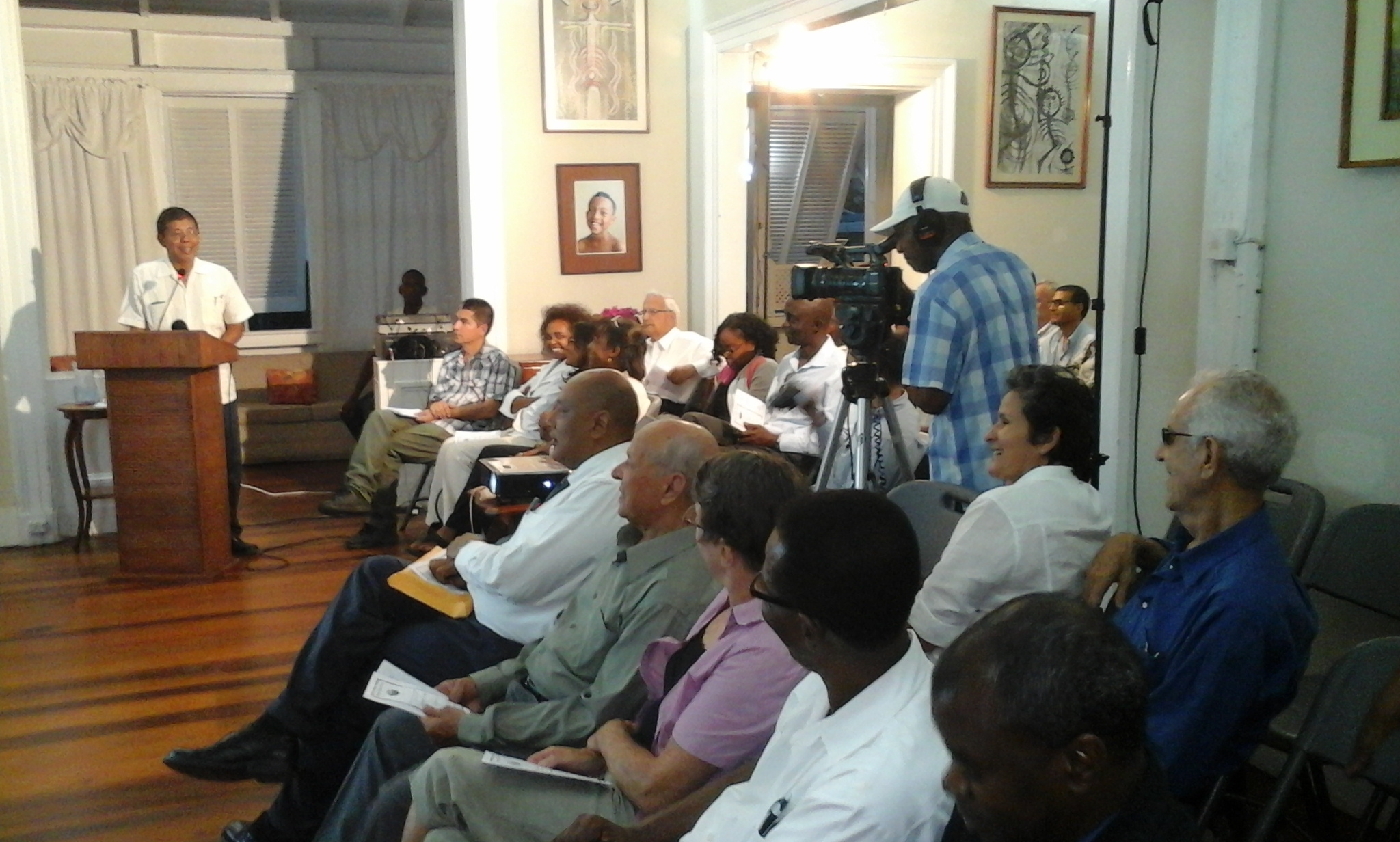Contact Information
Address Moray House Trust, 239 Camp & Quamina Sts, Georgetown, Guyana
Telephone +592 226 0724
Email morayhousetrust@gmail.com
Facebook https://www.facebook.com/morayhousetrust/
Twitter @morayhousetrust
Telephone +592 226 0724
Email morayhousetrust@gmail.com
Facebook https://www.facebook.com/morayhousetrust/
Twitter @morayhousetrust
YouTube https://www.youtube.com/@MorayHouseTrust
Our Mission
Moray House Trust is a private, non-partisan, non-profit based in Georgetown and dedicated to promoting Guyanese culture and public discourse.
Our Vision
Moray House Trust is based on the belief that:
- there is a need to preserve and extend Guyana’s cultural heritage
- the health of the nation, in the broadest sense, depends on a vibrant and varied local culture
- a culture thrives and develops where ideas circulate and are robustly debated and interrogated
- youth should be enabled and supported to be vision carriers, innovators and champions of our culture in all its forms
Our Work Programme
Our Vision
We believe that:We aim in some small way to facilitate and contribute to the growth, appreciation and expression of a ynamic diverse Guyanese culture.
- Organise cultural events for the public; talks, debates, exhibitions and film shows.
- Facilitate live local cultural entertainment in areas such as dance, music and story telling.
- Produce cultural products such as books, DVDs, recordings.
- Bring creative artists together with peers, experts and an informed audience to advance local talent.
- Promote hobbies and pastimes such as reading and music appreciation and cultural interests through our cultural programme and workshops.Aims
We aito:
LE
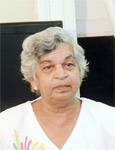 | 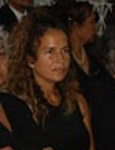 | ||
| Doreen de Caires | Isabelle de Caires |
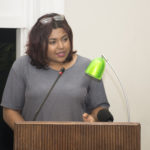 | 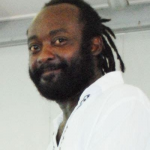 |  | |||
| Sara Bharrat | Alana King | Russel Lancaster | Nikhil Ramkarran |
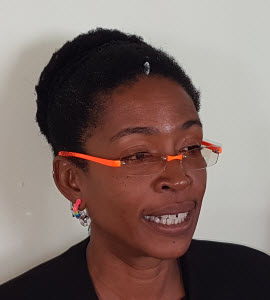 | 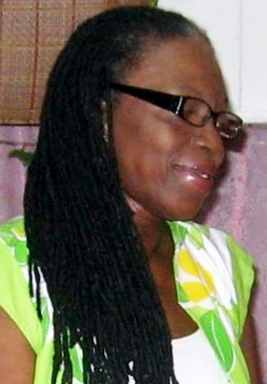 |
| Elizabeth Deane-Hughes (Advisor) | Joan Mc Donald (Administrator) |
Background
Background
Moray House, at the corner of Camp and Quamina streets in Georgetown, was the family home of David de Caires (1937-2008). Although better known for his role in founding the independent local newspaper, Stabroek News, David also had a strong and abiding interest in literature, the arts, music and sport.
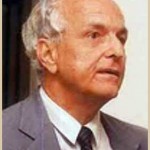
He was a compulsive reader, happiest when reclined in his Berbice chair surrounded by precarious piles of books and periodicals. He was fascinated by the movement of ideas, by the way they germinated, grew and changed as they travelled from person to person and place to place. He was widely read and had a particular fondness for the poetry of his lifelong friend, Martin Carter. Like Carter and Miles Fitzpatrick (David’s legal partner), David’s reading bred a homespun, self-taught intellect, a typical product of its time, conscious of its boundaries and gaps, hungry for new knowledge and fuelled by the exchange of ideas with a small circle of his contemporaries. The regional magazine, New World, co-edited by David in the 1960s, was an early, if short-lived, embodiment of this type of learning. It could be said that the editorial tone and letters pages of Stabroek News were, under his editorship, a sustained attempt to engage the Guyanese nation in conversation.
In the last twenty years of his life, David and a group of friends including Carter, Fitzpatrick, Lloyd Searwar and Ian Mc Donald met, about once a month, at each other’s homes, for dinners where a similar spirit of debate, characterized by animated discussion and light-hearted interludes, prevailed. Kenneth King, Rupert Roopnarine, Hugh Cholmondeley, Major General (rtd) Joseph Singh and Brigadier David Granger joined the group in the course of time.
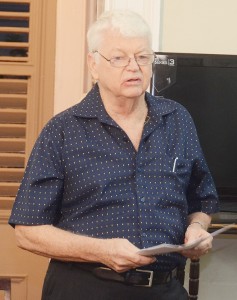
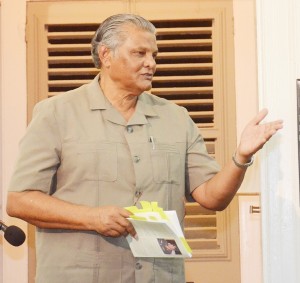
In other respects David’s tastes were fairly mainstream. He had a special fondness for musicals and patronised the London theatres for half a century. He enjoyed jazz and the blues, though he learned to appreciate classical music and opera under the tutelage of a childhood friend. His love of sport, virtually all-embracing, was that of a participant, a spectator and a social observer, aware of its transcending power to unify, to uplift and to integrate.
Over the years, David acquired a small collection of paintings by local artists. When times were hard, he purchased art supplies overseas for a few artists such as Stephanie Correia. He also hosted gatherings at Moray House to commemorate the work of Guyanese cultural icons such as Martin Carter and the painter, Aubrey Williams.
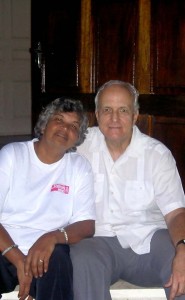
In the mid-1990s, he organized, in collaboration with the Faculty of Arts of the University of Guyana, a series of lectures on selected writers at The Playhouse, home of the Theatre Guild in Georgetown. He also initiated the “Camp Street 2000” millennium project to rehabilitate the avenue in Camp Street and subsequently organised a series of public talks in the avenue on topics ranging from astronomy to Shakespeare. He was team leader of the local organising committee for the Caribbean Media Conference in Georgetown, also in 2000. And, on the approach of the Caribbean Festival of the Arts – Carifesta – he presided over the refurbishment of the Theatre Guild Playhouse, shortly before his death.
In sum, David’s contribution to the cultural life of Guyana, though modest, was symptomatic of his belief in the need to nurture the cultural and intellectual health of a nation in danger of losing its most precious resources – its people – through mass emigration.
David’s family and friends now pay tribute to him by forming a Trust to endorse these interests and continue activities of this kind.
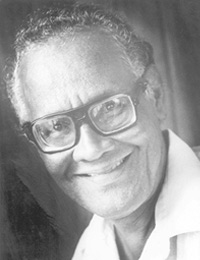 | 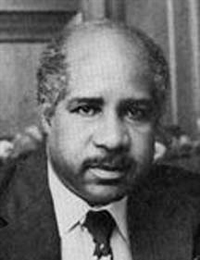 | 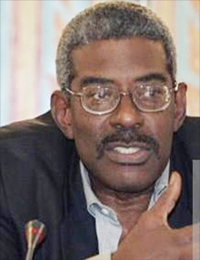 | 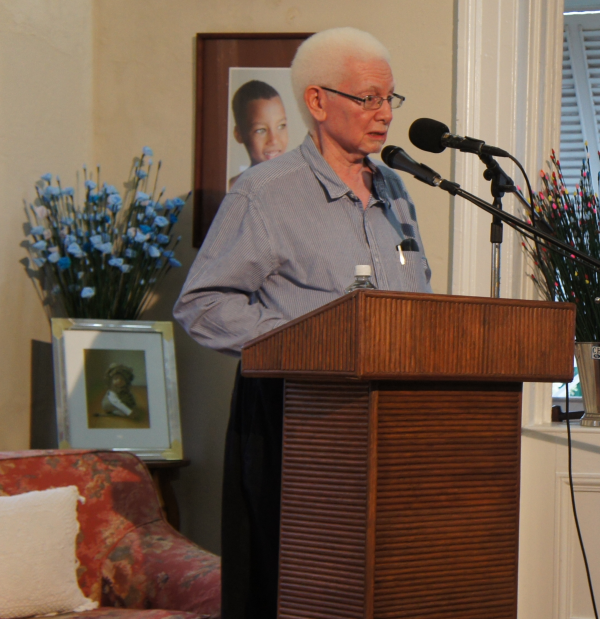 |
| Martin Carter [1927 – 1997] | Kenneth King [1929 – 2008] | Hugh Cholmondeley [1939 – 2012] | Miles Fitzpatrick [1936-2019] |
